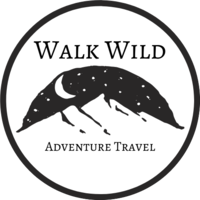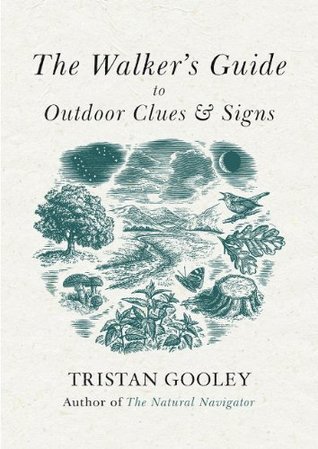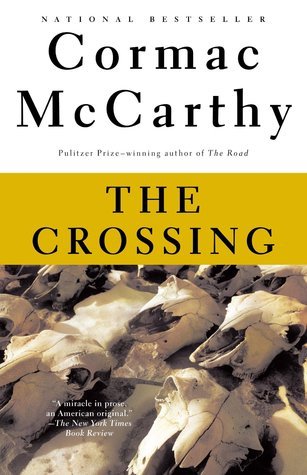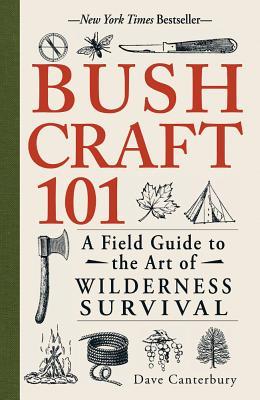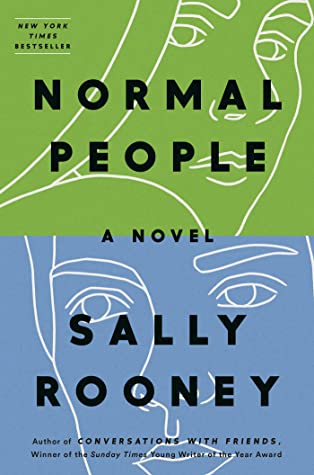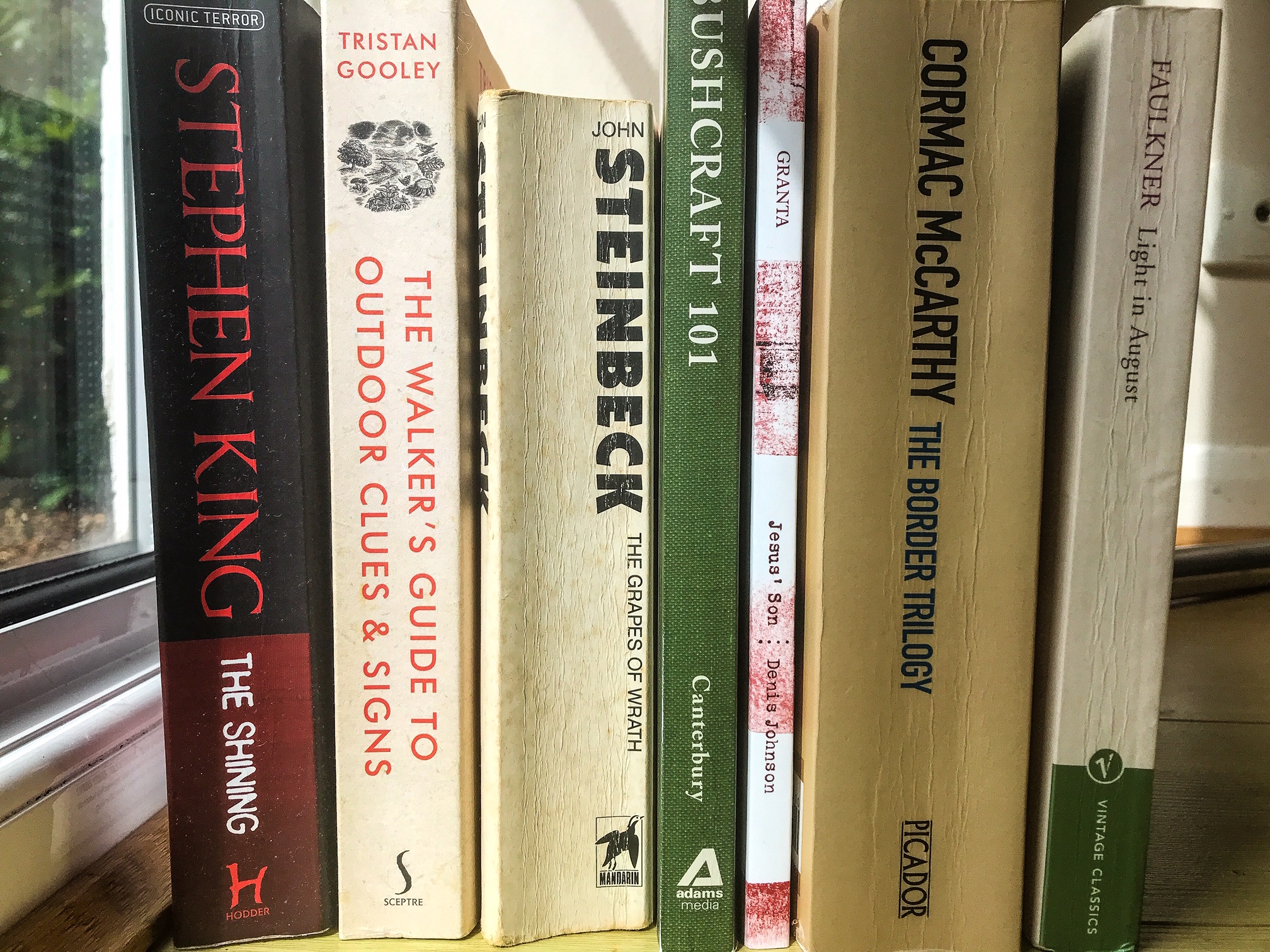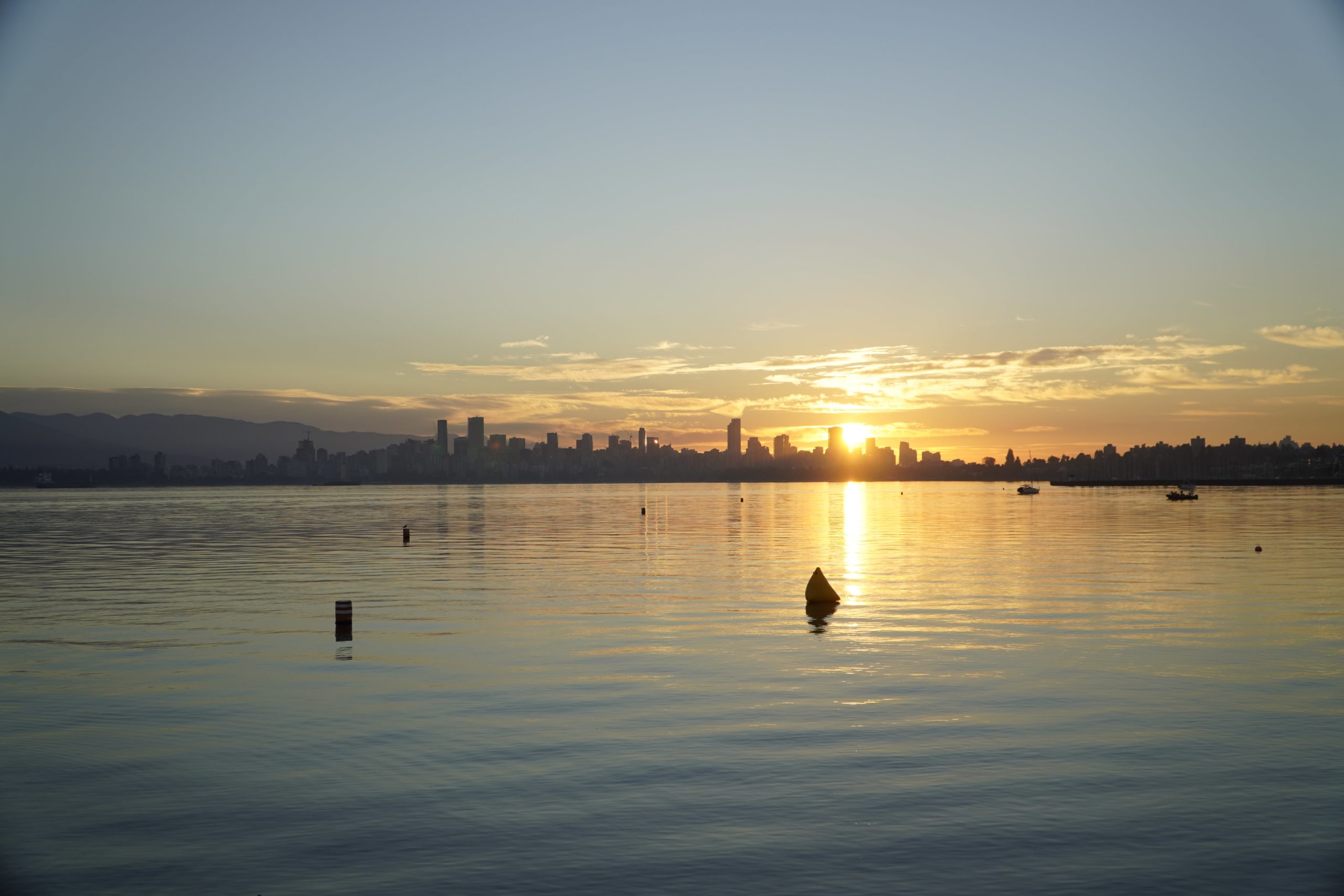What to read this Summer: June Book Review
8 Minute Read
Hi as usual and welcome to my June book review! If you’re new to my website it’s a pretty standard affair, I try to read around a book a week and give you my reviews of them at the end of the month. Sometimes the reviews are related to travelling and adventures but in general I read a mix of things so there’s something for everyone! Hopefully you’ll find the reviews interesting and entertaining; it may also give you some insight of what to read (and what not to)!
June book review includes:
- The Walker’s Guide to Outdoor Clues and Signs – Tristan Gooley ★★★
- The Crossing – Cormac McCarthy ★★★★
- Bushcraft 101: A Field Guide to the Art of Wilderness Survival – Dave Canterbury ★★★★
- Normal People – Sally Rooney ★★★★★
- Elements of Style – William Strunk JR. and E.B. White ★★★★
This page contains affiliate links. This means I make a commission if you buy a product I have recommended (at no extra cost to you). All recommendations I give are genuine and my own. Thanks for the support!
1. The Walker’s Guide to Outdoor Clues and Signs – Tristan Gooley
Although the title and concept appears promising for a keen hiker, sadly the book itself is rather dull.
I admire his attempt to write the book with some kind of narrative flow when really the content represented more of a textbook format. When photos were used it was great but many times I found myself struggling to imagine the details of the hints and clues he was talking about.
Ultimately the book came off a bit like a bloke standing outside a National Trust Centre, dressed head to toe in waterproofs and hiking gear, listing facts about oak trees to anyone who would listen. Not really the kind of flare I was hoping for. The guy is a day tripper. A suncream on the skin, insect repellant, water sterilising, wellington wearing, geography teacher. His blood would probably boil reading that as he considers himself an intrepid adventurer but by now you’ll know I give you my honest opinions in these reviews and that was the impression I got!
I was hoping for more adventure stories and exciting tales from his years spent in the wilderness. What it ended up being was a list of slightly interesting but mostly forgettable facts. It’s the kind of book that may be good to read if you’re in the Lake District for a week. For those seeking adventure, there’s little in this book that can’t be learnt by heading out into the wilderness yourself.
I’ve also read some criticism that the book is focused firmly on a British audience, which I won’t weigh in on because that clearly played to my strengths. I knew many of the national parks, environments, towns, and weather systems he used in his examples so it was of little consequence to me.
I found there were only 2 chapters in it that really sprung out at me and that was during a 3-week expedition the author took to Borneo when he went trekking in the rainforest with local tribesmen. How it was written, and the format of that story (detailing their expedition), made for an engaging read. But unfortunately, this was not to last.
2. The Crossing – Cormac McCarthy
The second of The Border Trilogy – read the review for #1 book “All the Pretty Horses” here – and the least violent McCarthy book I’ve read so far. That’s not to say there aren’t any gruesome and gruelling incidences of violence, but it does mean they occur less frequently than in his other books. I’d also say it has the least amount of dialogue of any of his books. As always, his prose is sublime, but I did find the first quarter a touch slow in parts. Not that I was bored, but I did find that after a good chunk of the book went by with next to no character dialogue or interactions my interest did dip in places.
This brings me on to the strange structure of the book, where the story builds to a climax and appears to end. There’s then a curious down-time before a seemingly different story continues. This actually happens twice, resulting in what could have been a trilogy of books (trilogy within a trilogy). In fact, the genres actually change between these different story lines which I thought was very interesting.
I get the impression he let the characters write the story and followed them on the journey not knowing where things would end up. This results in a raw and emotional book where you’re never too sure if your characters’ journeys will end the way you want them to. More than likely, a sense of dread will build in you as you become familiar with the world developing around them.
As ever with McCarthy, he’s breaking the mould. Minimal punctuation, no speech marks, and no chapters in a 420 page book. Much of the dialogue is in Spanish and despite multiple hectic high-tension scenes, I can’t think of a time I saw an exclamation mark. The power of his storytelling is so strong he doesn’t need to rely on these conventional traits to tell the story in an engaging way. I don’t really know how he does it so well to be honest.
I believe it’s the longest book of his I’ve read and, as mentioned, on a couple of occasions there are slow parts such as strange long stories told by characters that lull the pace of the story. But as ever with McCarthy, miss-steps are non-existent.
3. Bushcraft 101: A Field Guide to the Art of Wilderness Survival – Dave Canterbury
Of the two hiking books on this month’s list – buy this one. It succeeded in nearly every way the “Walker’s Guide” failed to. It doubles up as a useful how-to guide and instruction manual for wild camping whilst also delivering a series of interesting segments on everything related to bushcraft.
Initially, the information provided on frontiersman techniques are impractical to the point of vestigial for the average hiker. It’s more of an interesting backstory rather than being directly applicable to the budding adventurer. It wasn’t a particularly long section and I didn’t mind learning a bit about the early days of bushcraft survival.
This is not the type of book you should read in extended sittings, and it knows that. Hence it has a much clearer structure than “Walker’s Guide”. I read it in long bursts but I wouldn’t really recommended it. A lot of info probably went over my head and I’m sure I’ll have to dip back into it again. It’s better to flick through it, coffee-table style, or skip to certain sections you want to read up on before a trip.
One area I didn’t enjoy was the long section on trapping. I’ve never liked traps due to their indiscriminatory nature. (Despite the author’s protest that you can weight the springs differently or use a variety of baits to target specific animals – I wasn’t sold.) I think they’re quite cruel and I didn’t want to read too deeply into it. But if this is something that interests you, the section is as well written and diagramed as the rest.
In general it’s an excellent book. Great information, mostly relevant topics, easy to understand, not too wordy, and clear diagrams. A must-read for any hiker/camper/adventurer.
4. Normal People – Sally Rooney
The first thing that stood out to me about the book is that it’s written in a strange tense. Rooney uses the present tense with a lot of alternating third-person narration. I got used to it quickly but I suppose the reason I noticed it is because I write in the past tense generally as I find it more natural to read. But I’m an inexperienced writer without a clue, so I may well be doing everything wrong. In any case, it’s interesting to read a book in a different tense to see how it can be done (especially when it’s done this well).
There is a casual tone to the writing in many places which I found honest and realistic albeit somewhat strange. It meant that some characters, like Connell’s mother Lorraine, talk like a friend and not a parent – I know she’s young but I still thought it stood out. There are a few other characters from school who are quite two dimensional and slip into stereotypes – think bitchy popular girl or louty jocks.
That’s really the only criticism I have. Overall I thought the book was sublime. I began reading it late Friday night and finished it early Sunday morning. If I hadn’t been busy at points throughout Saturday, I’m sure I’d have finished it that day. I really didn’t want to stop reading. I was so immersed in the story and felt invested in the character’s lives.
Rooney has a fantastic understanding about human nature and behaviour. You can believe every element of the relationship between Connell and Marianne. How the confusion over their feelings spills messily into their actions and conversations, again and again, throughout their lives. The faults and flaws that lead to their differences are the same human qualities that keep bringing them back together.
It’s spectacular characterisation. I found I wanted to write down multiple passages and remember them because of their relevance and profundity. I never found the writing pretentious and many of the bigger concepts that were tackled surrounding mental health were done so deftly.
Scenes keep playing in my mind and I can’t stop thinking about the book, it’s really stayed with me. I’m now eager to watch the TV adaption to get another perspective – that should say it all really!
5. Elements of Style – William Strunk JR. and E.B. White
So here it is – the review you’ve all been waiting for. THE book on writing recommended by Stephen King in his autobiography (review here). A book on grammar, punctuation, and how to write with style. (Maybe I shouldn’t be using the Oxford comma after all… he’d probably have a Cardiac Arrest reading my work.)
I’ll keep this one short.
I know to most people it would be boring, but it’s a great book. It emphasises brevity and being concise when writing, which are valuable skills for anyone who’s ever held a pen. Practice what you preach – it does exactly that at a mere 128 pages, many of which are brief chapters. The misused expressions section was good but too long, I just skim-read the pages as it was essentially a lengthy list of examples for common errors and their corrections.
I don’t really know why I read these books. It’s nearly impossible teach yourself grammar by reading a list of rules, but I guess it makes me feel like it can help improve my writing in some small way; more than not reading it at least.
Last Words
Yess – managed to read 5 books this month. However, I’ve got The Goldfinch sitting on my bedside table, and those 784 pages certainly won’t be read in a week, so we’ll see if I can keep this pace up.
As June has come to an end this now marks the half way point in the year. I’m going to post a 6-month book round up to track my progress on my book-a-week challenge and to provide a fun analysis on what I’ve read so far!
Happy reading 📚

